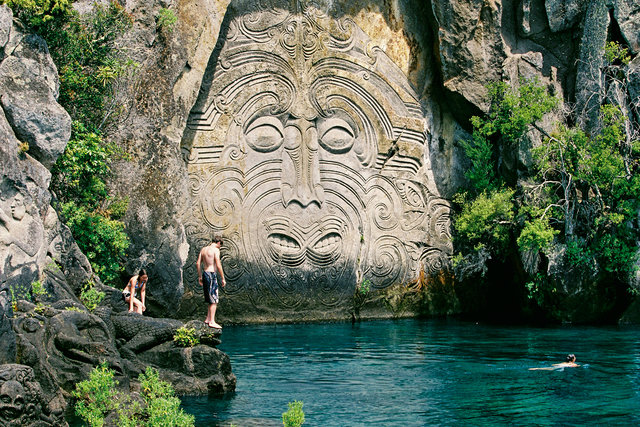Entertainment
9 Beautiful Crater Lakes
published on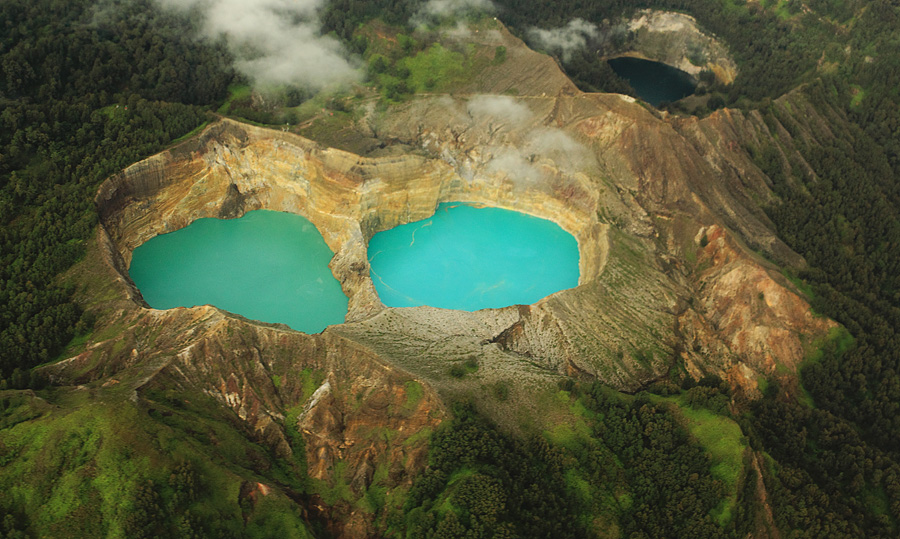
Crater lakes are a weird natural phenomenon. As the name pretty much suggests, it’s a crater that has, over the course of many years, formed into a lake and filled up with water. Not only is it a rare thing (since it requires an asteroid to hit the Earth or a volcano to erupt), it’s also gorgeous to look at.
Table of Contents
Heaven Lake, North Korea
If this is what Heaven looks like, I might actually start trying to be a better person. Gorgeous!
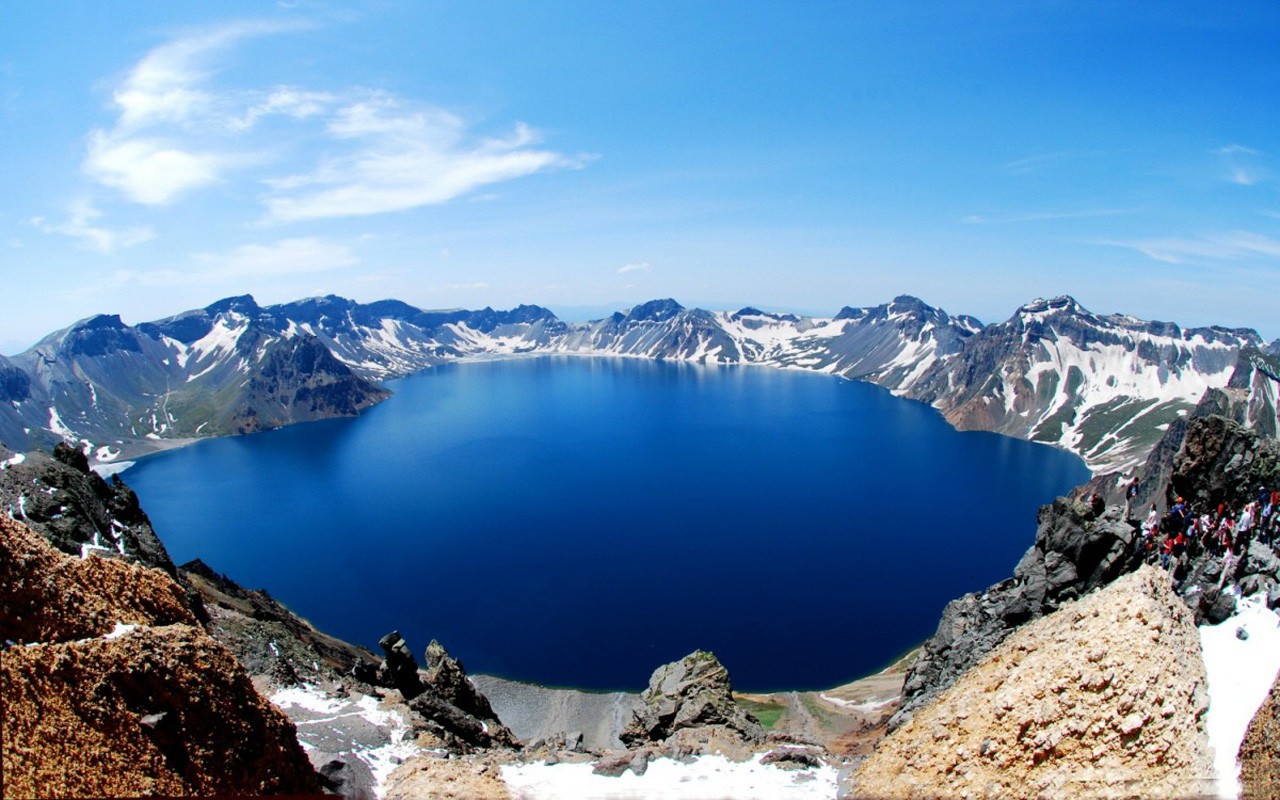
Mount Katmai Crater Lake, Alaska
This amazing crater lake on the snowy mountain tops looks like a winter wonderland. It was formed in 1912 during the Novarupta eruption.
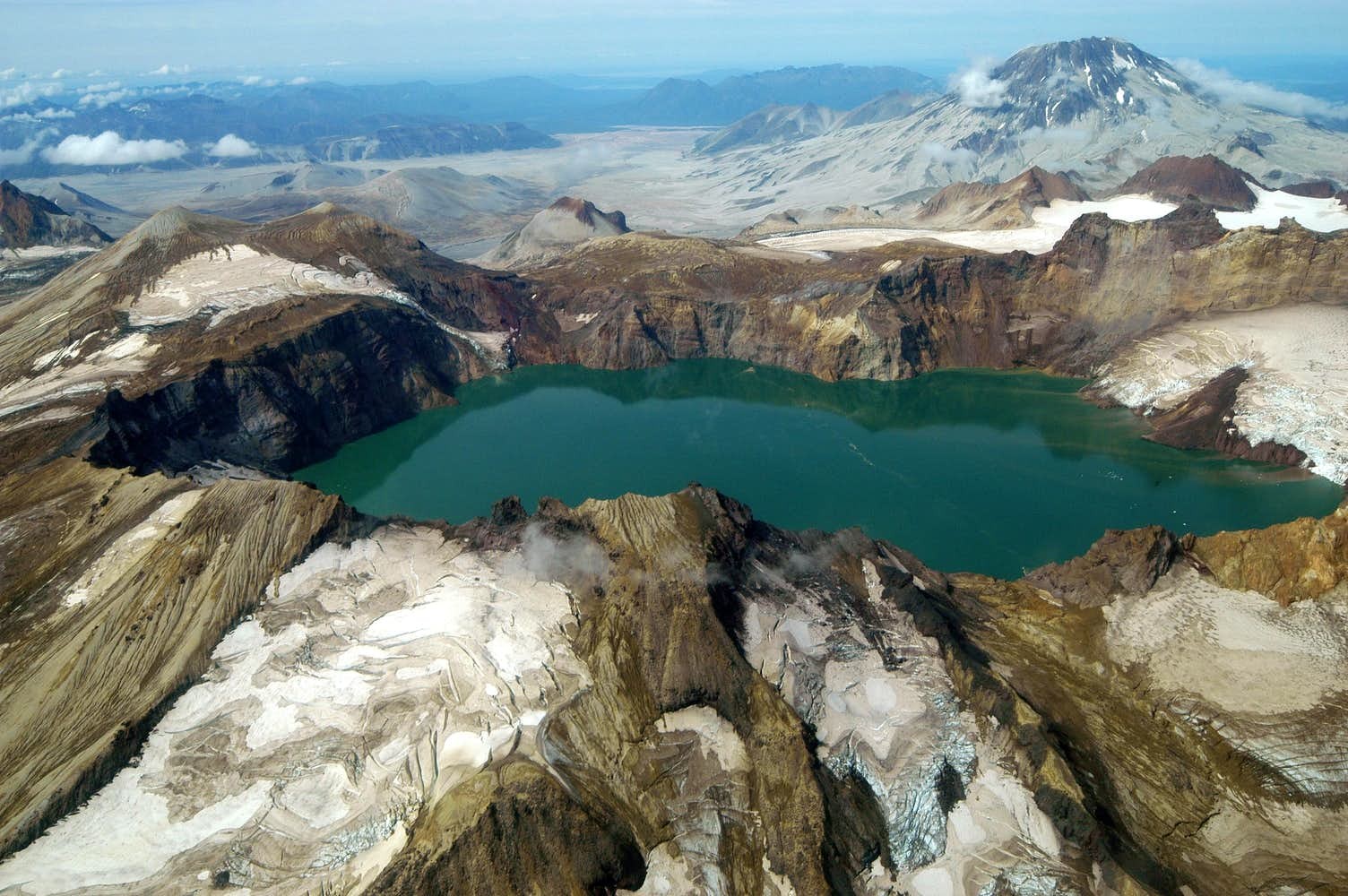
Quilotoa Crater Lake, Ecuador
This crater lake in the Andes has water that has turned greenish because of the minerals in the water. The crater is 3 km wide and just looks amazing in between all those mountain tops.
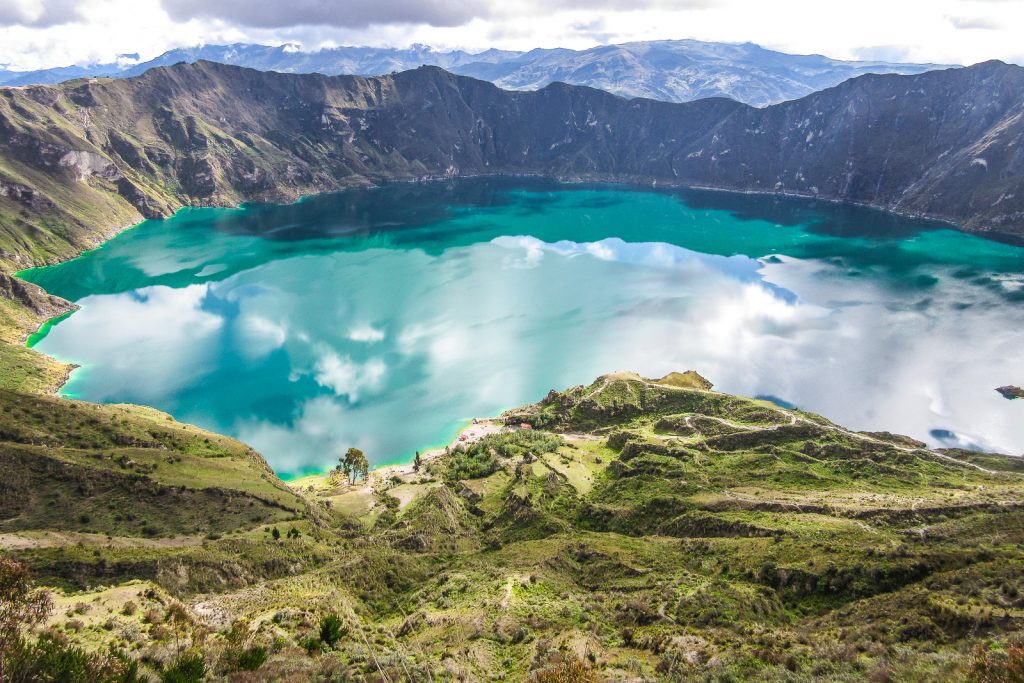
Lonar Crater Lake, India
This is the oldest crater lake and it’s caused by an asteroid impact approximately half a million years ago. Give or take a few ten thousand years, of course.
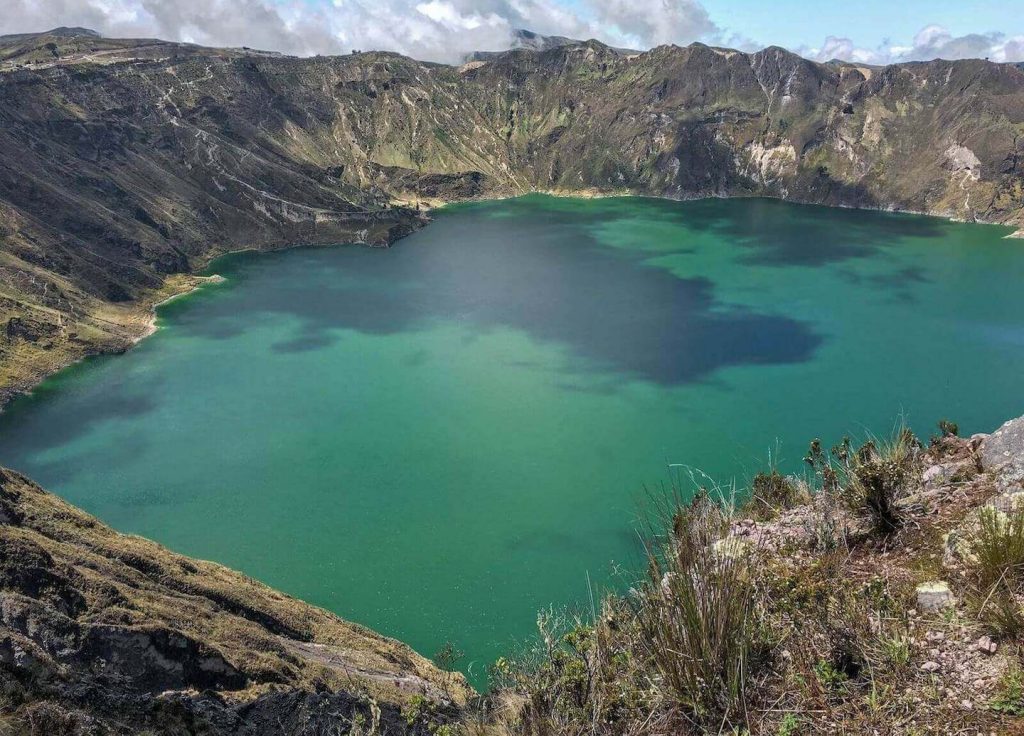
Okama Crater Lake, Japan
This one is also known as the Five Colour Pond, since it actually changes colour depending on the weather conditions. Ain’t science amazing?
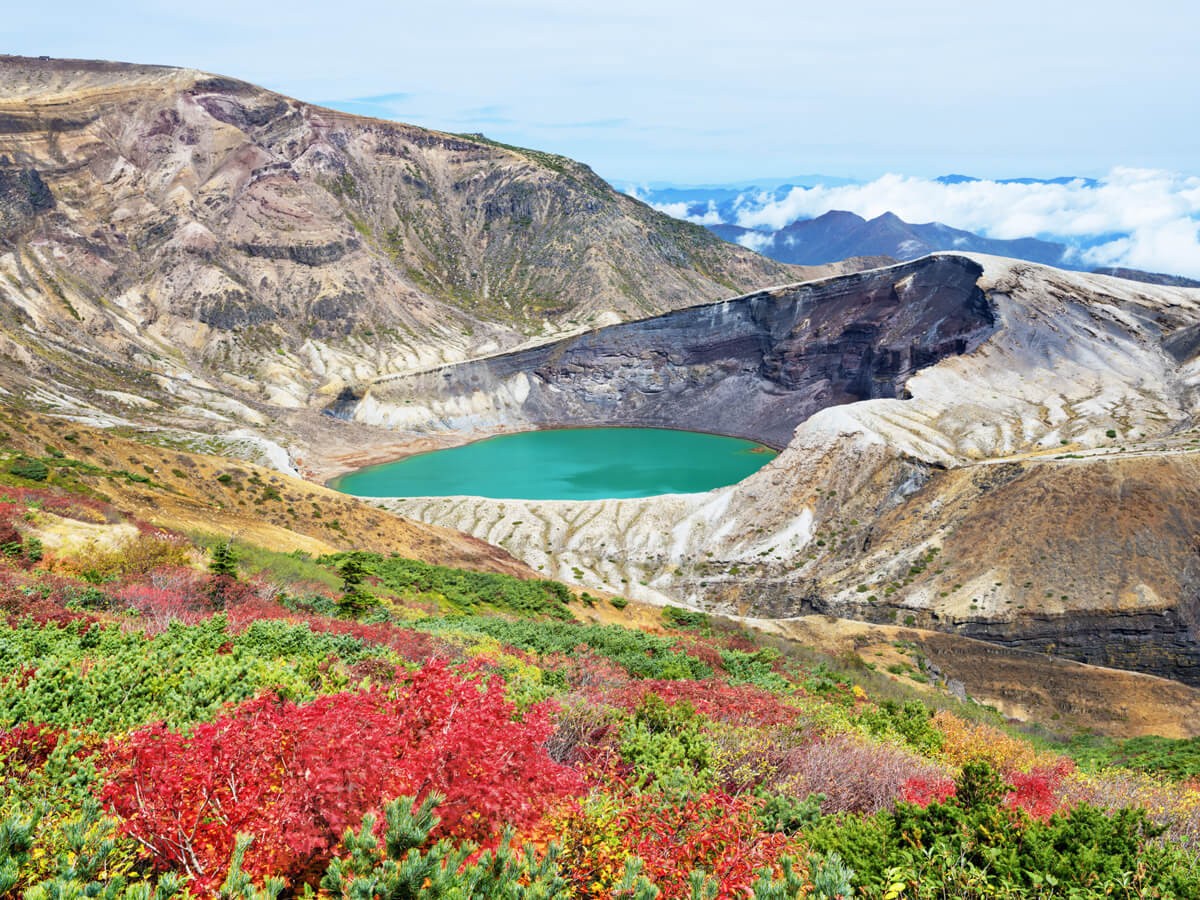
Kelimutu Crater Lakes, Indonesia
There’s three lakes here, and they each have a distinct water color. It’s weird and I don’t exactly understand the science behind it, but it is a very beautiful thing to see.

Crater Lake in Albertine Rift, Africa
One of the most gorgeous lakes in Africa, it’s no wonder these lakes are a popular tourist attraction. The deepest crater of these lakes is 1470 meters deep, which in itself is already amazing!
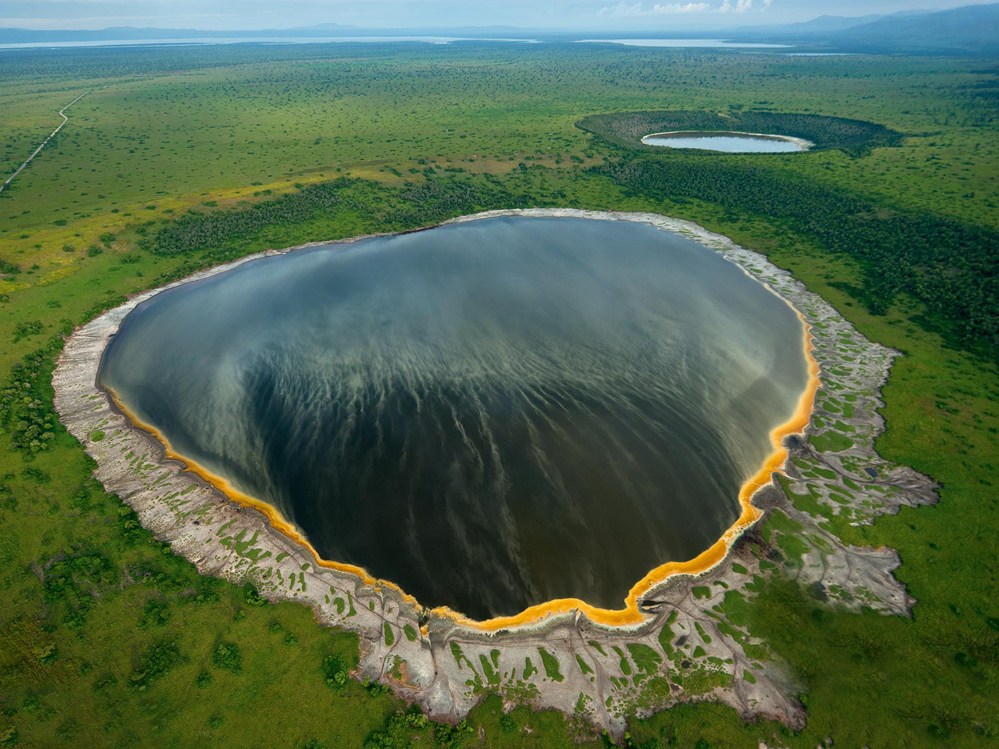
Deriba Crater Lake, Sudan
Located in Darfur, this crater has an elevation of over 3000 meters. Thankfully, the volcano that formed this crater 3500 years ago is now in a dormant state.
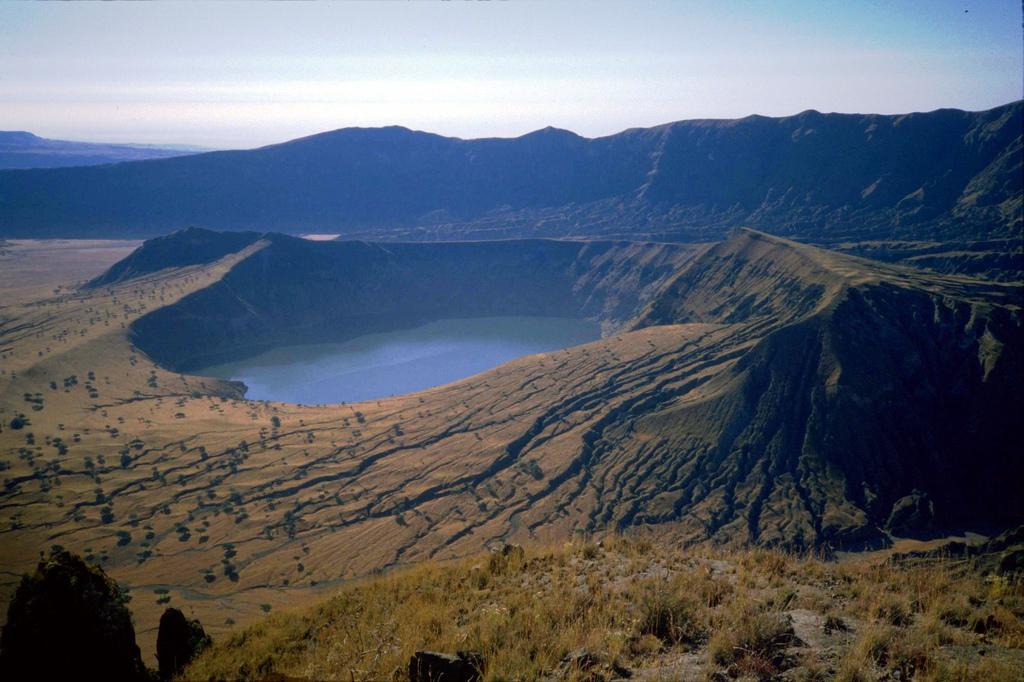
Lake Taupo, New Zealand
This lake was formed because of a supervolcanic eruption (like a regular volcanic eruption, but super) 26500 years ago. It has a huge surface of 616 square km, which means that it probably doesn’t really look like a lake to most people. It counts, though – and it’s a marvel of nature.
